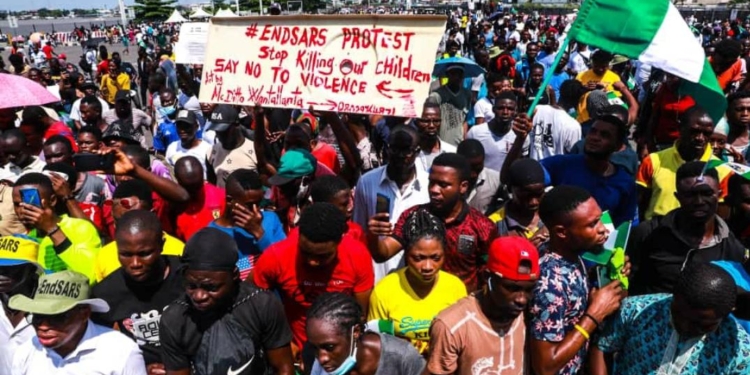State and non-state actors have been tasked with the responsibility of ensuring the protection of all participants in assemblies, against any form of violence, intimidation, harassment, surveillance and reprisals.
This is contained in a joint declaration on Peaceful Assembly and Democratic Governance adopted by the United Nations Special Rapporteur on Freedom of Assembly and Association, the InterAmerican Commission for Human Rights (IACHR) and its Special Rapporteur on Freedom of Expression, Special Rapporteur on Human Rights Defenders and focal point for reprisals in Africa of the African Commission on Human and Peoples’ Rights (ACHPR), and the OSCE Office for Democratic Institutions and Human Rights (ODIHR).
The declaration provided that State and non-State actors who commit, advocate or support acts of violence against persons and groups exercising their right to freedom of peaceful assembly must be held accountable for such violations adding that “Smear campaigns and online harassment against persons and groups exercising their right to freedom of peaceful assembly should be publicly condemned.”
It also provided that, “where large-scale violations are alleged, including where violations have been committed against multiple assemblies, a comprehensive, independent commission of inquiry should be established, including genuine, diverse, independent representatives of civil society, with a mandate to conduct fact-finding as well as to make recommendations for systemic reform.
“All those whose rights are violated in the context of assemblies must be provided comprehensive and effective remedies for the harm they have suffered, including through restitution, compensation, satisfaction and guarantees of non-repetition.”
Placing a responsibility on the protesters, the joint declaration stated that, “Participants in assemblies must have clear and effective avenues to bring legal action against authorities where their right to freedom of peaceful assembly is infringed, including in cases involving the illegitimate banning or imposing of restrictions on assemblies; violence or retaliations against assembly participants, their family members, journalists or observers; mass surveillance; harassment; and public defamation and smear campaigns.
“Where individuals whose rights have been violated cannot afford legal representation, legal aid should be provided. Where large-scale violations have taken place, a form of redress suitable to the widescale nature of the harm and capable of providing redress to the entirety of the community whose rights were violated should be provided.”
It also added that, “States should ensure that prompt, transparent, independent, impartial and effective investigations follow every decision by law enforcement officials to use force, especially in cases where it is alleged or there are reasons to believe that, in the course of or as a means of dissuading participation in an assembly, any person was physically injured or deprived of their life, or that they were subjected to sexual or gender-based violence.”

